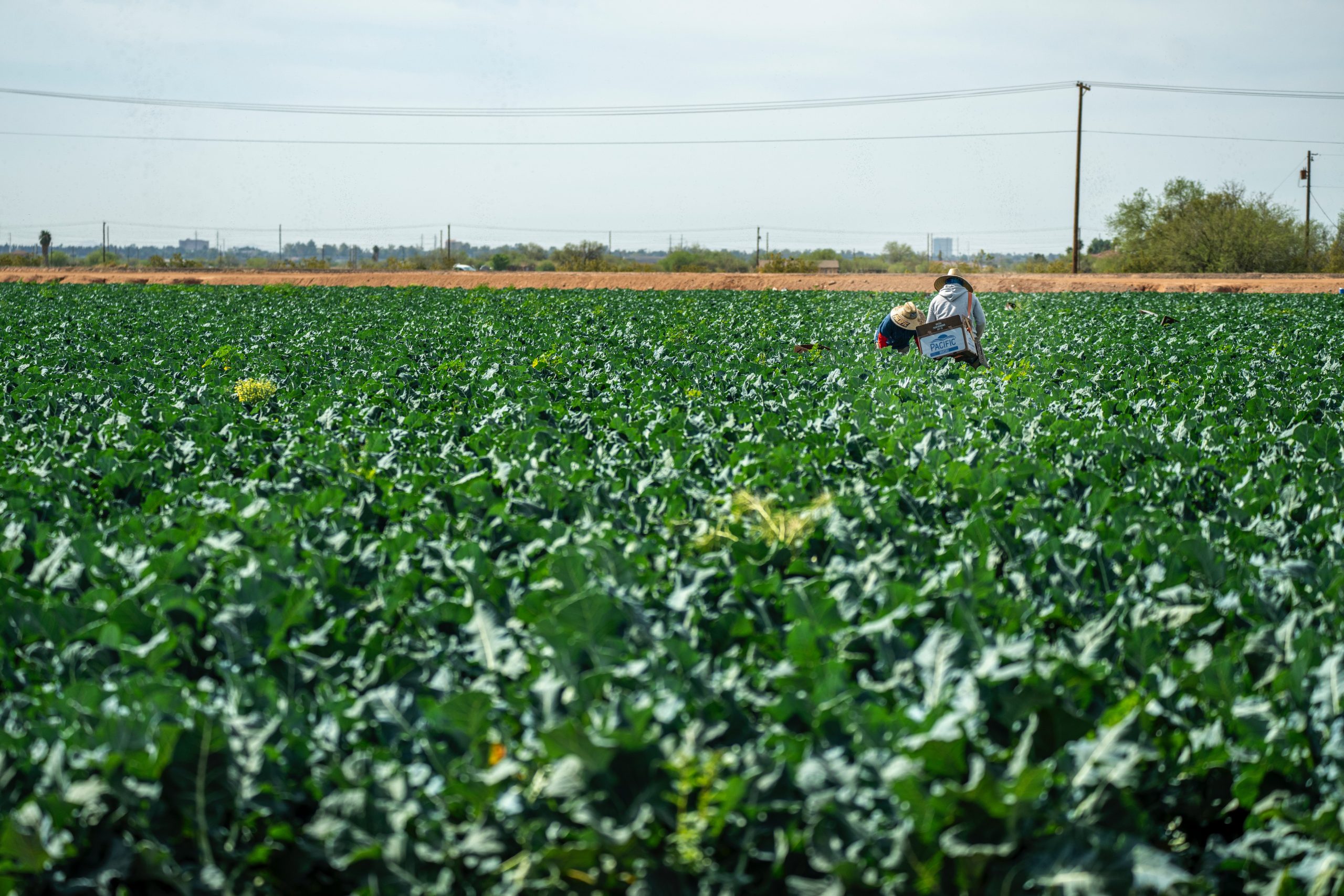“I want my son to study, and with 40 hours, I won’t be able to help him. I want him to have a career. I don’t want my son to be like me. With 40 hours, I won’t be able to, and I want my children to get ahead. It’s not fair,” said Marina Cabrera, a single mother farmworker in Spanish.
Cabrera joined hundreds of farm workers around the state at organized rallies, including Olympia, to object to a new law requiring them to pay overtime when they worked more than 40 hours a week.
“The idea of this overtime was good but backfired. No está hacienda lo que era la intención,” a farm worker told Northwest Public Broadcasting during the Jan. 25 rally.
Workers asked for more hours instead of overtime because they said they earn less money with overtime hours.
Father and son Rojelio and Jose Valdez, who work in the pear orchards in Cashmere, Washington, said their bosses (will) bring in different workers to finish the job because of the new legislation.
“It’s impacting me,” Rojelio Valdez said in Spanish in an interview with King 5 News. “And I think every worker is feeling it in their pocketbook, too.”
The rallies, which advocate for seasonal exceptions to overtime requirements, have garnered support from various tree fruit and other agricultural industries.
While dairy is not seasonal, the rising minimum wage and other industries competing for labor make retaining good farm labor a top concern for dairy producers, reports the Dairy Herd. According to Stan Moore with Michigan State University Dairy Extension, labor costs are about 14% of a dairy’s total expenses. A recent USDA Ag Prices Report outlined that labor expenses were up 7.3.% compared to 2020 and are at a 20-year high.
The Senate Labor and Commerce Committee held a hearing on Jan. 30 on a bill to let farms raise the overtime threshold to 50 hours for 12 weeks a year, a “seasonality clause” sought by agricultural employees for peak harvest times.
“We decided two months ago to stop farming,” revealed April Clayton, owner of Red Apple Orchards, during an interview, describing the situation as death “by a thousand cuts.” In the heartfelt testimony, Clayton explained how low fruit prices combined with high labor costs have led to the downfall of their farming operations.
Alfredo Juarez, from the farmworker union Familias Unidas por la Justicia in Skagit County, defended the law, asserting that “Farmworkers want more, not less”, reported Source One News. In contrast, Alejandro Anita of Sumner highlighted the adverse effects, noting workers’ worries about fulfilling their obligations with only 40 hours of work.
The United Farm Workers of America, a labor union that testified in favor of the original bill in 2021, said in a statement on its website that the exclusion of farm workers from overtime pay is “racist.” The union is actively campaigning for OT pay to be extended to all farm workers nationwide.
California was the first state to implement overtime rules for farming operations (on a phased-in approach).
Cover Photo by Mark Stebnicki
